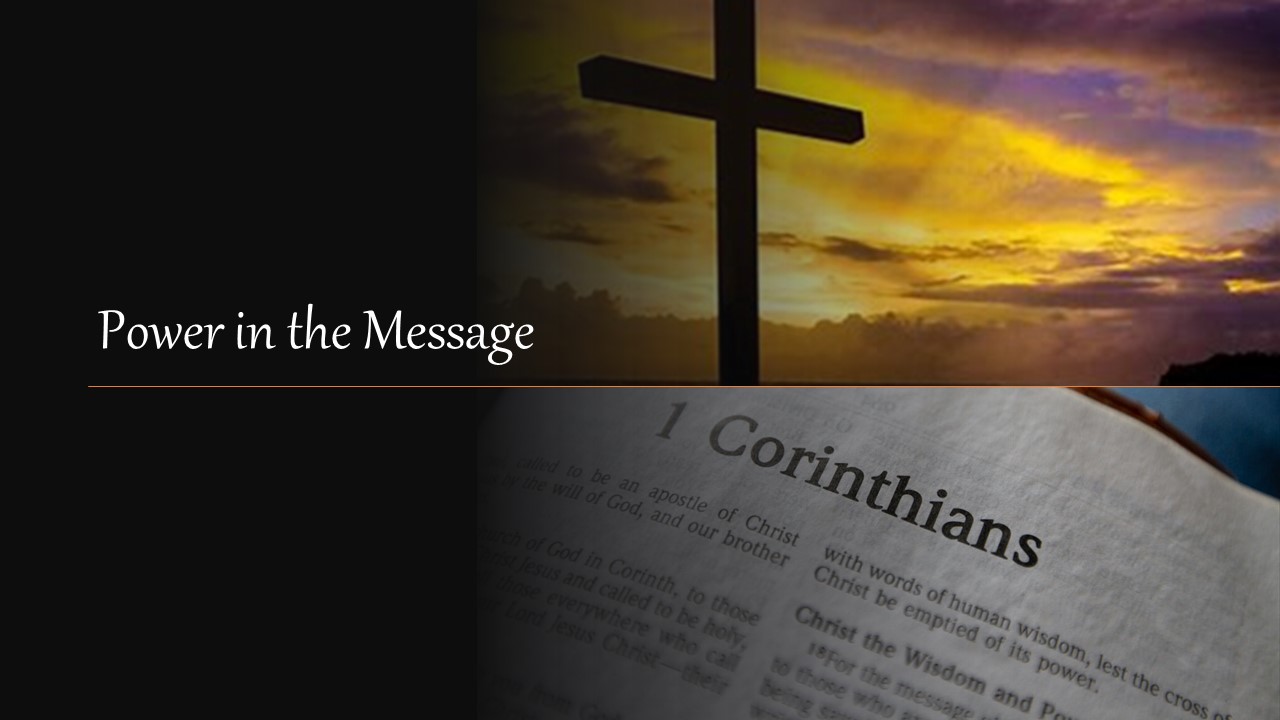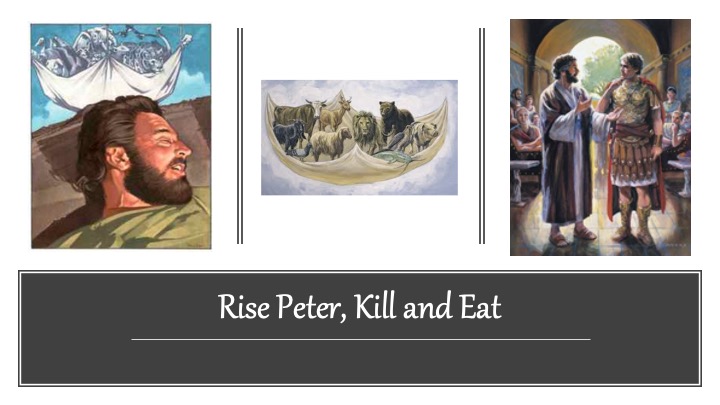In today’s episode, we explore the life and leadership of Joshua, a key figure in the Bible. Joshua was born during Israel's slavery in Egypt and witnessed God's miraculous deliverance. He served as Moses' faithful assistant and displayed leadership qualities from a young age.
After Moses' death, Joshua became the appointed leader of the Israelites. He faced the challenge of leading them into the Promised Land and conquering its inhabitants. With God's assurance of His presence and promise of success, Joshua led the Israelites to miraculous victories, including the crossing of the Jordan River and the conquest of Jericho and other cities.
Joshua excelled as a military and spiritual leader. He emphasized the importance of obedience to God's law, renewed the covenant between God and the Israelites, and appointed leaders to govern the territories. Joshua's legacy left a lasting impact, and the book of Joshua serves as a testament to his leadership and the fulfillment of God's promises.
Throughout the episode, parallels are drawn between Joshua and Jesus Christ. Both names mean "Yahweh is salvation," and they share similarities in leadership, leading people into their respective Promised Lands, conquering enemies, displaying divine authority, interceding on behalf of others, and securing victory and deliverance. These parallels highlight the significance of Joshua's life and his role as a foreshadowing of Jesus' redemptive work.
Scriptures referenced include Exodus 24:13, Exodus 33:11, Numbers 13:16, Deuteronomy 31:3-8, Joshua 1:1-9, Joshua 3-4, Joshua 6, Joshua 7-8, Joshua 11-12, Joshua 13-22, Joshua 24, Joshua 24:15, and 1 Thessalonians 4:16-18.

What are some verses in the Book of 1 Corinthians on which we ought to meditate? Scriptures referenced include Jeremiah 9:23-24 and more than...

Hosea, known as a minor prophet due to the brief length of his book rather than the significance of his message, delivered profound insights...

At the time when Christianity was established, \Jews viewed Gentiles as inherently unclean. This was a significant problem in the early church. Throughout Paul’s...